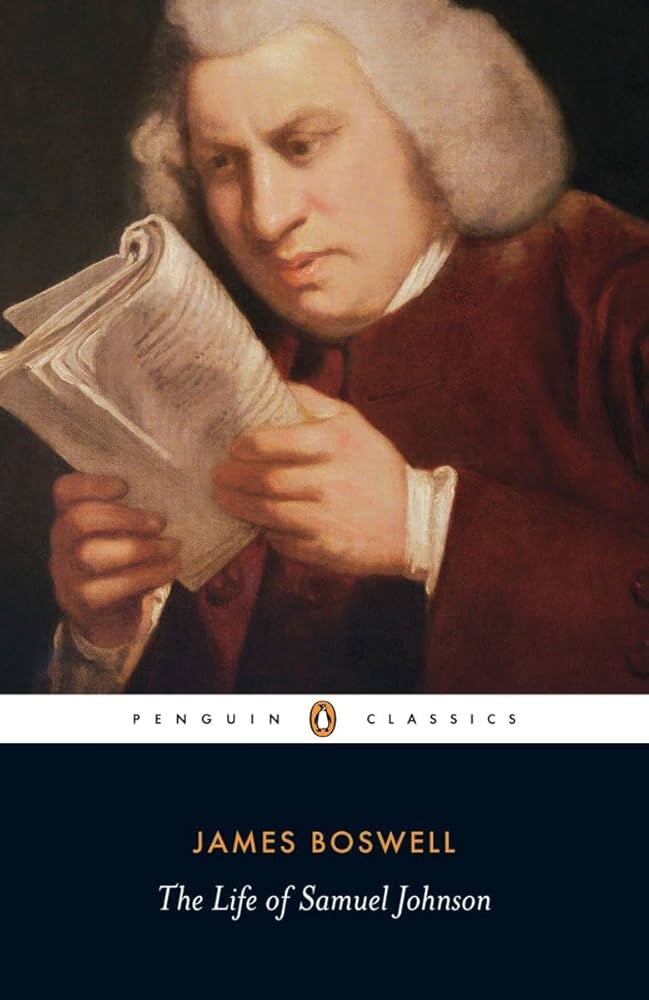The Life and Legacy of Samuel Johnson
Samuel Johnson, often referred to as "Dr. Johnson," was a prominent English writer, poet, essayist, moralist, literary critic, and lexicographer of the 18th century. Born on September 18, 1709, in Lichfield, Staffordshire, England, Johnson's influence on English literature and criticism is profound and enduring. His most notable contributions include his dictionary of the English language, the carefully composed essays in "The Rambler," and his poignant poetry, which continue to resonate with readers and scholars to this day.
Early Life and Education
Johnson's familial background was modest; his father, Michael Johnson, was a bookseller. This profession sparked Johnson's early love for literature and facilitated his access to a wide range of books. Despite their financial struggles, Johnson's thirst for knowledge pushed him to excel academically. He attended Lichfield Grammar School, followed by a brief stint at Pembroke College, Oxford. Unfortunately, due to financial constraints, Johnson's education at Oxford was cut short, but the experience left a lasting impression on him, shaping his intellectual pursuits.
Career Beginnings and Challenges
After leaving Oxford without a degree, Johnson struggled to find a steady career. He briefly worked as a schoolteacher before relocating to London in 1737, seeking better opportunities. This transition marked a critical point in his life, as he began contributing to various periodicals and working as a freelance writer. Johnson faced considerable hardships during these early years in London, grappling with poverty and personal insecurities. However, his resolve and unmatched writing abilities eventually garnered attention and respect.
Achievements in Literature
In 1746, Johnson embarked on an ambitious project that would define his career and alter the course of English literature: the creation of "A Dictionary of the English Language." Published in 1755, this comprehensive dictionary was a monumental achievement, compiling over 42,000 entries and providing not just definitions, but also examples and etymologies. Johnson's dictionary was hailed as a linguistic masterpiece and remained the authoritative reference for English speakers for over a century, until the publication of the Oxford English Dictionary.
Beyond his work as a lexicographer, Johnson's literary prowess is evident in his essays. "The Rambler," a series of essays published between 1750 and 1752, featured Johnson's reflections on moral, philosophical, and social issues. Written in a style that was both erudite and accessible, these essays cemented his reputation as a leading intellectual voice. His works often delved into themes of human nature, morality, and the complexities of life, resonating deeply with his contemporaries.
Later Life and Personal Struggles
Johnson's life was not without its share of personal difficulties. He battled with a range of health issues including depression, which he referred to as "the black dog." These struggles are well-documented and added depth to his writing, providing authentic insights into the human condition. Despite these challenges, Johnson's wit, charisma, and intellect made him a central figure in 18th-century London's literary circles. His friendship with notable figures like James Boswell, who later became his biographer, further illustrates his profound impact on those around him.
Johnson's later years were marked by advancing fame and acknowledgment from his peers and society. By the time of his death on December 13, 1784, Samuel Johnson had firmly established himself as a towering figure in the world of English letters.






Comments